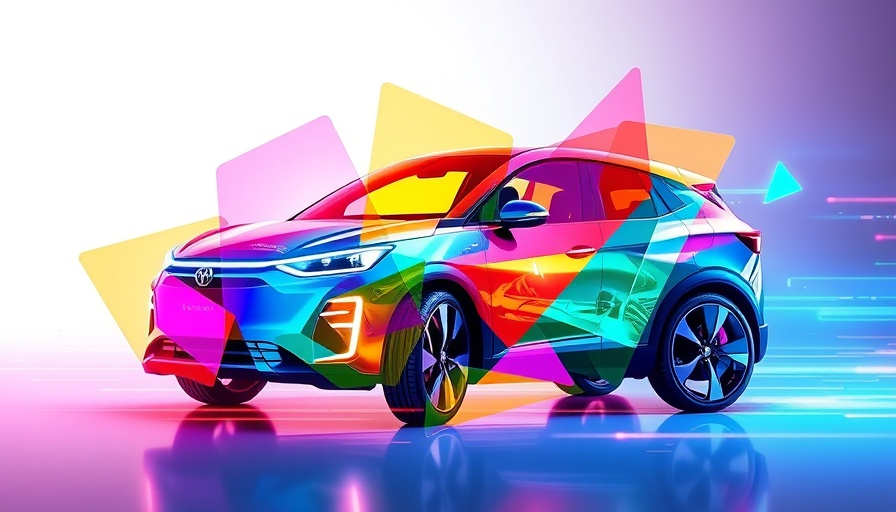
Fisker's Rise and Fall: A Prelude to Modern Electric Vehicles
The ambitious vision of Henrik Fisker once lit up the electric vehicle (EV) landscape, with the promise of a booming empire led by their innovative Ocean SUV. However, this narrative quickly turned somber after the SUV hit the roads in 2023, revealing significant challenges. The dream of a flourishing EV company crumbled as Fisker fell short of production and sales goals, prompting concerns that echo through the automotive industry today.
Production Challenges: A Harbinger of Trouble
In the second quarter of 2023, Fisker produced only 1,022 Ocean SUVs, failing to meet its targets and raising red flags among stakeholders. This sharp deviation from estimates was a significant precursor to the major operational hurdles that were to come. The announcement to sell $340 million in convertible debt for sustaining operations and future product developments underlined the dire financial distress facing the startup.
Quality Concerns and Regulatory Investigations
The Ocean SUV quickly attracted negative media attention due to multiple safety complaints. Issues such as sudden braking loss, unresponsive gear shifts, and mechanical failures plagued the vehicle, leading federal regulators to launch investigations into braking problems. It became evident that the company was dealing not only with production shortcomings but also critical quality control issues that could jeopardize public safety and trust in the brand.
The Fallout: Filing for Bankruptcy
By the time Fisker filed for Chapter 11 bankruptcy protection, it was clear that a combination of production woes, financial instability, and unresolved quality issues had created an untenable situation for this once-promising EV startup. Their journey is a cautionary tale for financial institutions and service providers in the automotive sector, underscoring the importance of robust production practices and stringent quality assurance measures.
Lessons for Investors and Startups
Fisker's decline serves as an important reminder for both investors and entrepreneurs in the evolving EV market. Understanding the interplay between ambitious goals and realistic production capabilities is crucial, especially as the EV landscape rapidly expands. In a sector characterized by innovation and fierce competition, maintaining high standards in manufacturing and customer satisfaction can greatly impact a startup's long-term viability.
As the financial community reviews Fisker's timeline, it's vital to recognize how failure to adapt to market realities and consumer expectations can lead to downfall. Investors should remain vigilant, assessing not only a startup's vision but also its execution and operationalities—a true litmus test for success in this dynamic industry.
 Add Row
Add Row  Add
Add 




Write A Comment